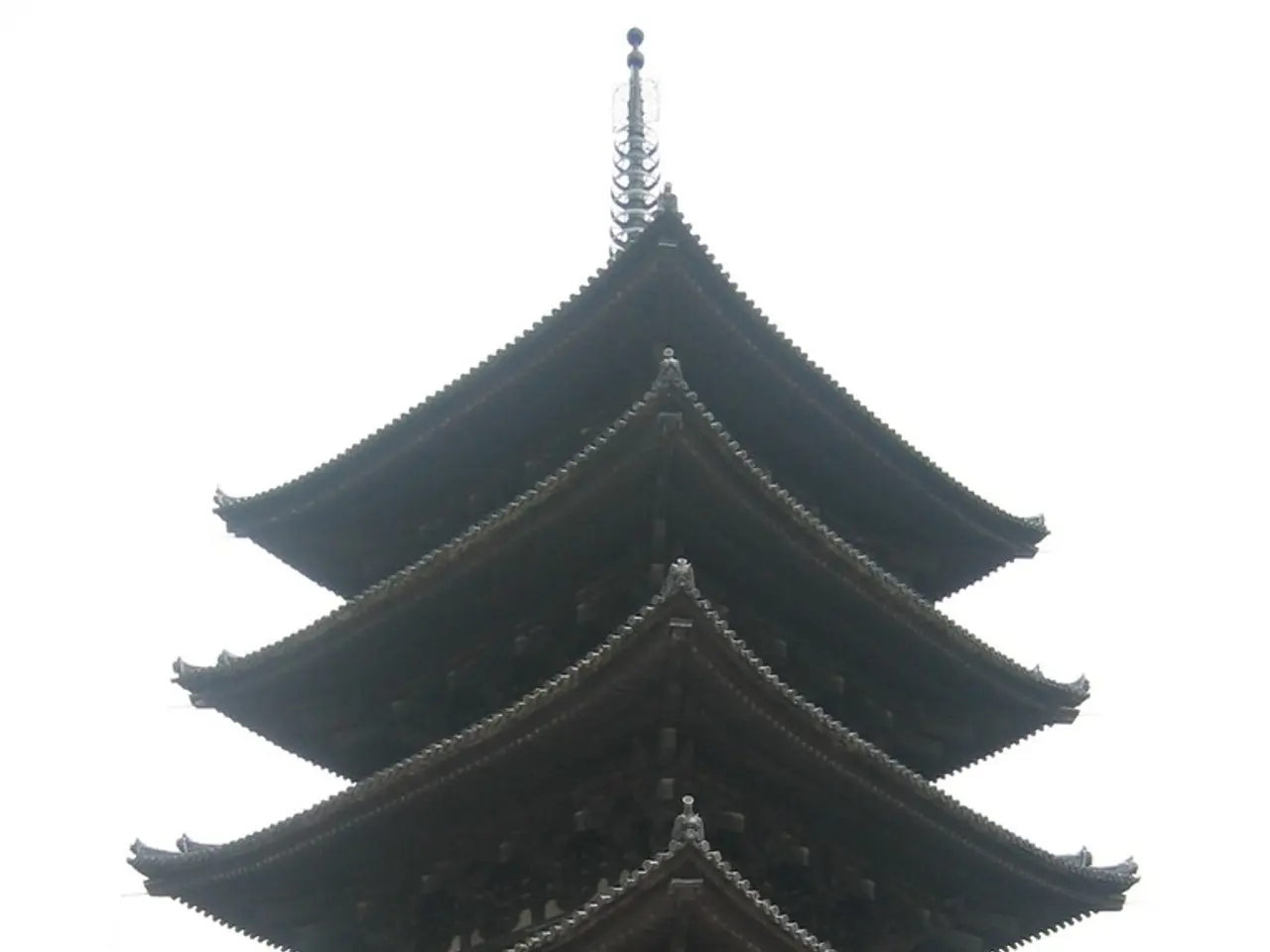China extends aid for rare earth element development to Malaysia, a nation believed to possess approximately 16.2 million metric tons of elements valued at around $175 billion.
In a significant development, Malaysia has discovered a massive reserve of rare earth elements, estimated to be worth around US$175 billion. This discovery has sparked talks with both the United States and China, as the Southeast Asian nation lacks the expertise and technology needed to process these minerals.
During a visit in 2024, Chinese President Xi Jinping offered technical assistance to develop Malaysia's rare-earth processing capabilities. However, the offer was made with the condition that cooperation would be limited to state-owned companies only. This condition may be a response to concerns about technology protection, as China has used its control over the rare earth market as a bargaining chip in negotiations with the U.S.
Meanwhile, Malaysia is holding talks with the U.S. regarding rare earths. The U.S., a significant trading partner for Malaysia, has requirements for tech purchases and imports of Boeing jets and liquefied natural gas. The U.S. may be concerned about technology protection in any potential partnership with Malaysia regarding rare-earth processing, given its crucial role in modern technologies such as semiconductor and chip manufacturing.
The Australian mining and materials company Lynas operates two rare-earth processing facilities in Malaysia, importing concentrates from Australia and processing them into intermediate materials for advanced manufacturing. However, no Chinese state company has been announced as having cooperation with Malaysia to process the country's rare earth resources.
The Malaysian Minister of Natural Resources and Environment Sustainability, Johari Ambud Ghani, announced that the potential partnerships could create 4,000 jobs in Malaysia. Malaysia has promised "equal and non-discriminatory application of relevant policies" to both the U.S. and China.
Preliminary studies by the Malaysian Department of Mineral and Geoscience revealed at least 16.2 million metric tons of rare earth elements within Malaysia's borders. Currently, Malaysia imposes a 19% tariff when importing goods to the U.S. The U.S. could potentially offer technical assistance for Malaysia's rare-earth processing capabilities, similar to China's offer.
As Malaysia navigates these talks, it may use the threat of Chinese influence as a bargaining chip for current and future negotiations with Washington, D.C. This strategic approach could lead to a more balanced partnership between Malaysia, the U.S., and China in the rare earth market.








